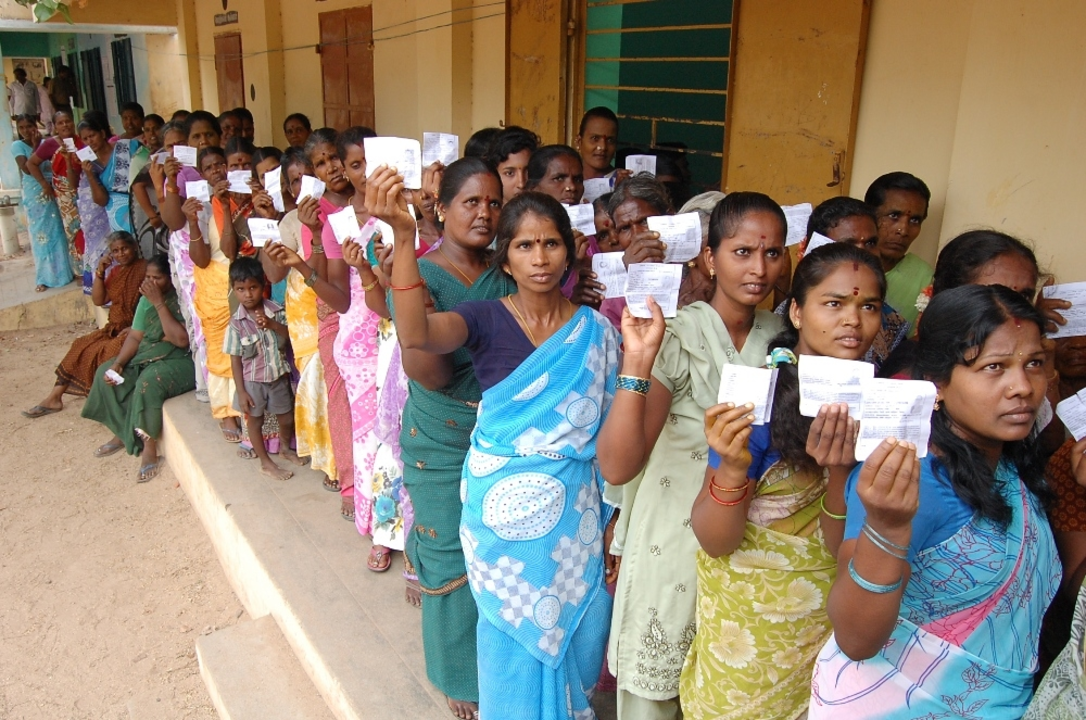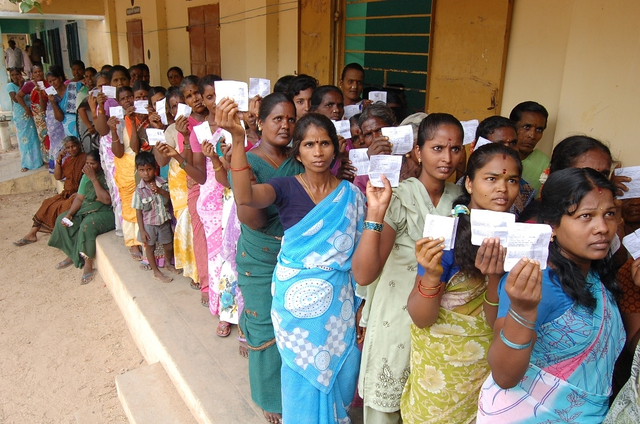Why there are so many Telugu-speaking people in Tamil Nadu?
Historical Connection Between Tamil Nadu and Andhra Pradesh
The presence of a large number of Telugu-speaking people in Tamil Nadu can be attributed to historical connections between the two regions. Tamil Nadu and Andhra Pradesh, which are neighboring states in South India, have shared a long and intertwined history. The two regions were once part of a single geographical entity called the Madras Presidency under British rule. This region was divided into different linguistic provinces after India gained independence in 1947. The Andhra Pradesh state was carved out of the Madras Presidency in 1953, with Tamil Nadu being formed in 1956.
The shared history of the two states has led to a natural mingling of cultures and languages. This has resulted in a significant Telugu-speaking population residing in Tamil Nadu, particularly in the border districts. The close proximity of the two states has also facilitated easier migration between them.
Employment Opportunities and Migration
Tamil Nadu, being one of the most industrialized states in India, offers a plethora of job opportunities for people from different parts of the country. The state is known for its thriving automobile, textiles, and information technology industries. Many people from Andhra Pradesh, including those who speak Telugu, have migrated to Tamil Nadu in search of better job prospects and a higher standard of living.
The migration of Telugu-speaking people to Tamil Nadu can also be attributed to the educational institutions in the state. Tamil Nadu is home to several prestigious universities and colleges, attracting students from across the country, including Andhra Pradesh. Upon completion of their education, many Telugu-speaking students choose to stay in Tamil Nadu, contributing to the growing Telugu-speaking population in the state.
Cultural Exchange and Integration
Over the years, the cultural exchange between Tamil Nadu and Andhra Pradesh has been extensive, leading to a natural integration of the two communities. Tamil and Telugu people share many cultural similarities, such as their love for classical music and dance, as well as their fondness for spicy food. This cultural exchange has made it easier for Telugu-speaking people to adapt to life in Tamil Nadu and feel at home.
Furthermore, Telugu films and television shows enjoy immense popularity in Tamil Nadu, and vice versa. The success of Telugu movies in the state has led to the growth of a dedicated fan base for Telugu actors and filmmakers. This shared love for cinema has fostered a sense of camaraderie between the two communities, making it easier for Telugu-speaking people to establish themselves in Tamil Nadu.
Inter-state Marriages and Family Ties
Inter-state marriages between Tamil and Telugu families have also contributed to the presence of a significant Telugu-speaking population in Tamil Nadu. As the two communities share similar cultural values and traditions, it is common for families to form alliances through marriage. These inter-state marriages have further strengthened the bond between Tamil and Telugu people, leading to a natural assimilation of the two cultures.
Additionally, many Telugu-speaking families in Tamil Nadu have relatives residing in Andhra Pradesh. This connection to their roots in Andhra Pradesh encourages the Telugu-speaking population in Tamil Nadu to maintain their language and cultural identity.
Political Influence and Representation
The significant presence of Telugu-speaking people in Tamil Nadu has also led to their representation in the state's political landscape. Several politicians of Telugu origin have held influential positions in the Tamil Nadu government. This political representation has helped address the needs and concerns of the Telugu-speaking community in the state.
The influence of the Telugu-speaking population in Tamil Nadu's politics has also led to the formation of organizations and associations that work towards the welfare of the community. These organizations play a crucial role in preserving the cultural identity of Telugu-speaking people in Tamil Nadu and ensuring their smooth integration into the state's social fabric.
Conclusion
The presence of a large Telugu-speaking population in Tamil Nadu can be attributed to various factors, including historical connections, employment opportunities, cultural exchange, inter-state marriages, and political representation. Over the years, Telugu-speaking people have seamlessly integrated into the Tamil Nadu's social fabric while maintaining their unique cultural identity. The harmonious coexistence of Tamil and Telugu communities in the state stands as a testament to the diversity and unity that India is known for.





